Published on 1 March 2023
Edition 65: March 2023
-
Helpful contacts
Employee Assistance Program: 1800 099 444
Nurse & Midwife Support: 1800 667 877
Nurse & Midwife Health Program:
03 9415 7551 or 1800 888 236 -
Upcoming dates
March 2023
8 International Women’s Day
15 Catch-up with Russell webinar (2pm)
15 Advancing Frontline Leadership program (Group 1)
20 Advanced Care Planning week commences
20 MacHSR Program applications close
21 Harmony Day
21 Transforming Leadership Capability program (Group 1)
28 Unit Manager Breakfast meetingCheck out Events for more details.
-
Nursing & Midwifery Executive
Adjunct Professor Shane Crowe
Executive Director of Nursing & Midwifery
Phone: 8345 1463
Email: shane.crowe@wh.org.auProfessor Bodil Rasmussen
Chair of Nursing, Deakin University/Western Health
Phone: 8395 8163
Email: bodil.rasmussen@wh.org.auDoug Mill
Director of Nursing & Midwifery
Division: Chronic & Complex Care
Phone: 0400 807 938
Email: douglas.mill@wh.orh.auHelen Sinnott
Director of Nursing & Midwifery, Sunshine
Phone: 0435 962 716
Email: helen.sinnott@wh.org.auJo Mapes
Director of Nursing & Midwifery, Footscray
Division: Perioperative and Critical Care
Phone: 0423 302 337
Email: joanne.mapes@wh.org.auKate Renzenbrink
Director of Nursing & Midwifery Informatics (CNMIO)
Phone: 0425 772 324
Email: kate.renzenbrink@wh.org.auProfessor Linda Sweet
Chair of Midwifery, Deakin University/Western Health
Phone: 8395 1178
Email: linda.sweet@wh.org.auLisa Gatzonis
Director of Nursing & Midwifery Workforce
Phone: 9393 0127
Email: lisa.gatzonis@wh.org.auMonique Sammut
Director of Nursing & Midwifery, Sunbury
Divisions: WPHU and Clinical Support & Specialist Clinics
Phone: 0412 769 423
Email: monique.sammut@wh.org.auNicole Davies
Director of Nursing & Midwifery, Williamstown
Division: Emergency, Medicine & Access
Phone: 0435 656 190
Email: nicole.davies@wh.org.auRohan Vaughan
Director of Nursing & Midwifery, Melton
Division: Drug Health
Phone: 0434 365 769
Email: rohan.vaughan@wh.org.auRyan Dube
Director of Nursing
Senior Mental Health Clinical Lead
Division: Mental Health & Wellbeing
Phone: 0420 228 035
Email: ryan.dube@wh.org.auAdjunct Professor Tanya Farrell
Director of Maternity Services
Division: Women’s & Children’s
Phone: 0407 531 753
Email: tanya.farrell@wh.org.auAssociate Professor Tony McGillion
Director of Nursing & Midwifery (Inspiring Innovation)
Phone: 0466 925 108
Email: tony.mcgillion@wh.org.auWendy Giddings
Director of Nursing & Midwifery, Bacchus Marsh
Divisions: Aged, Cancer & Continuing Care and Bacchus Marsh & Melton
Phone: 0458 603 897
Email: wendy.giddings@wh.org.au
From Shane
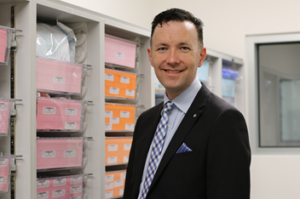
With the recent commencement of our Grad+ programs, the number of nurses and midwives at Western Health continues to steadily grow to meet our current and future requirements. It is pleasing to see the majority of our wards and departments are now fully staffed, and I know that this relieves some of the pressure. Over the coming months a healthy number of international recruits are joining us across a number of our departments. We will also be undertaking focused workforce planning with some of our ‘non-ward’ departments that have been experiencing challenges recruiting nurses.
During March we have 45 nurses joining us through our Transition to Acute Care program. This program continues to be an excellent way for us to support experienced nurses who have been working within other sectors, including aged care and primary care, to build their skills and confidence working within a busy acute hospital. The support and friendliness received by the participants in this important program has meant that the vast majority have wanted to stay on as a permanent member of the Western Health team – which is wonderful. I’m sure that you will join me in making them feel very welcome.
Most of us wear scrubs to work, and their design and look can affect how we feel, our sense of belonging and how we are perceived by others. This month don’t miss out on your opportunity to influence what Western Health’s nursing and midwifery scrubs will look like in the future, by completing a quick 3-minute survey prior to 5 March 2023 to share your opinions. Your views are very important to ensure future designs meet your needs in terms of comfort, price and how you ‘feel’ wearing the Western Health brand.
During March National Advance Care Planning Week is being held and is a good time to reflect on the important role that we play in helping our patients discuss and document the care that they would or would not like to receive if they were to become seriously ill and unable to communicate their preferences or make treatment decisions. Advance care planning conversations should be routine and occur as part of a person’s ongoing healthcare plan, as we know that better outcomes are experienced when advance care planning is introduced early as part of ongoing care rather than in reaction to a decline in condition or a crisis situation.
If you haven’t already, a reminder to enrol and complete the fantastic Patient Assessment Program, which aims to improve nurse knowledge, skills and self-confidence in conducting head-to-toe assessments within the clinical environment. This on-line and blended learning program is highly recommended for Registered and Enrolled Nurses and has already been highly effective in helping nurses identify risks and issues. We have reported accounts that participation in the program has helped our nurses prevent patient deterioration!
Finally, over March the formal launch of our countdown to short-notice accreditation will commence. We are confident that at Western Health every day we Live Best Care, and with the surveyors spending more time with our frontline staff during the next accreditation we will have more chances to be able to show Best Care in action. The tools and resources released over the coming months are designed to help staff feel informed, confident and comfortable ahead of the accreditation survey. Additionally, now is the time to make sure that all of your mandatory learning is up to date. We understandably got a bit behind in this over the COVID surges, so getting back on track is vital to ensure that you have the knowledge you need to safety work at Western Health.
Shane Crowe
Executive Director, Nursing & Midwifery
Welcome to our new Graduates
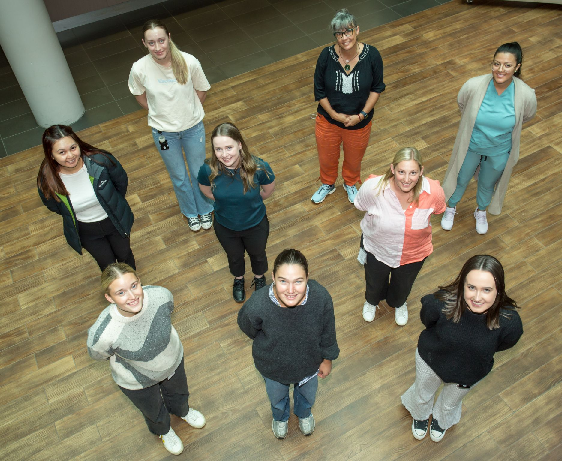
In February some more fresh faces commenced at Western Health, as we are welcomed our first intake of Grad+ participants for 2023.
33 graduate midwives (pictured top right) joined us after completing their studies at ACU, Deakin, La Trobe and Victoria universities. They eagerly hit the wards in mid-February providing care and advocacy for women during pregnancy, childbirth and post-birth.
In addition, 102 graduate nurses (pictured bottom right) also joined us in mid-February. They will be joined by another 96 in May and 25 in August – making this our biggest intake ever. Our graduate nurses completed their studies at ACU, Deakin, La Trobe, University of Melbourne and Victoria universities.
A large proportion of our new graduates were RUSONs or RUSOMs at Western Health, and it is great that they have chosen to continue their career with us!
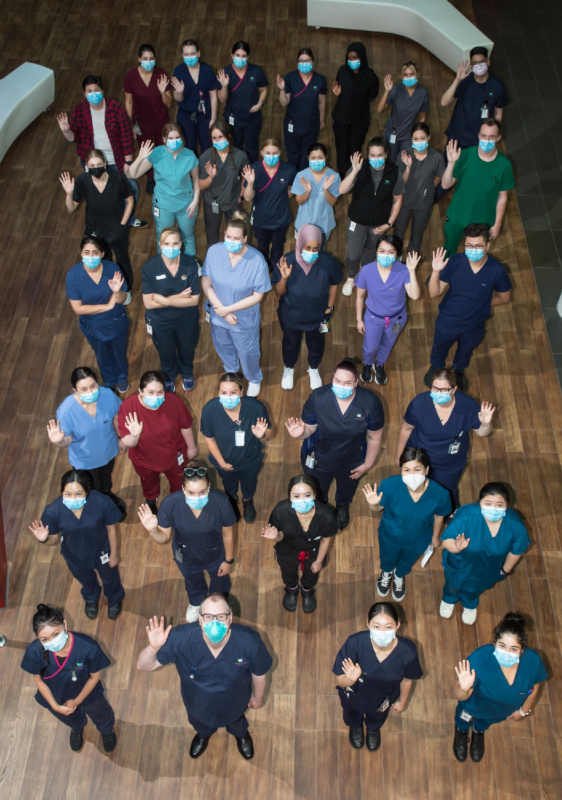
Western Health had the most applications in our history for our Grad+ in 2023. This is really positive with more and more nurses and midwives wanting to come and join the team.
The new program commenced in 2022, with all our early career nurses and midwives now participating in the Grad+ program. The program is a 2 year program, that will include 4 rotations, with the second year including more rotations into specialty areas.
The program also includes 2 free Western Health post-graduate subjects that are accredited with 5 universities focusing on advanced clinical assessment, pathophysiology and clinical leadership.
We are sure that you will have a great start to your career at Western Health. With the huge opportunities and options that we have available, we hope that you have a long, fulfilling and happy career with us.
Welcome gang, it’s wonderful to have you here!
Welcome Tanya and Congrats Leanne!
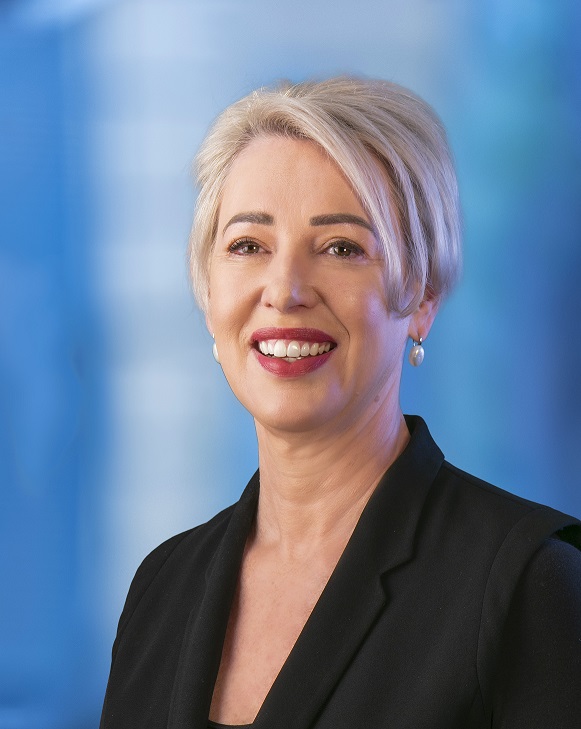
A huge welcome to Adjunct Professor Tanya Farrell who joins us this month on 6 March in the role of Director of Maternity Services.
Tanya Farrell is a midwife and a nurse and comes to Western Health with extensive experience, expertise and leadership within maternity at a Victorian and national level, and a proven track record of an ongoing commitment to improving the care of women and babies. Tanya is joining Western Health with a desire to move closer to where care is provided to support and lead a maternity service and its nurses and midwives during a time of rapid growth and reform.
Tanya was the Senior Maternity Adviser for Victoria at Safer Care Victoria (SCV), a role that she held since 2018. During this period Tanya has also spent time as the Acting Chief Nursing and Midwifery Officer for Victoria. Previous to this Tanya was the Executive Director of Midwifery and Nursing at the Royal Women’s Hospital.
Tanya is the current Chair of the Consultative Council on Obstetric and Paediatric Mortality and Morbidity (CCOPMM) and is the first midwife to hold this role in the council’s 70 year history. Tanya is also an Adjunct Professor in Nursing and Midwifery at La Trobe University and was recently awarded an Honorary Doctorate in Public Health by La Trobe University.
Please give Tanya a huge welcome to the Western Health team and support her in her new role.
Additionally Leanne Nuske has been appointed to the new role of Associate Director of Nursing and Midwifery (ADOM) – Safer Care and will commence on 20 March 2023.
Leanne is well known to most of you though various roles at Western Health, including her most recent role as Perioperative and Critical Care Education Coordinator. She holds a Master of Nursing Science and Post Graduate qualifications in Emergency Nursing and Leadership & Management. In the ADONM (Safer Care) role, Leanne will focus on leading improvement strategies in the NSQHS Standards for Medication Safety, Communicating for Safety and Recognising and Responding to Acute Deterioration.
Please join me in congratulating Leanne on her new role.
A Plan for a positive workforce future
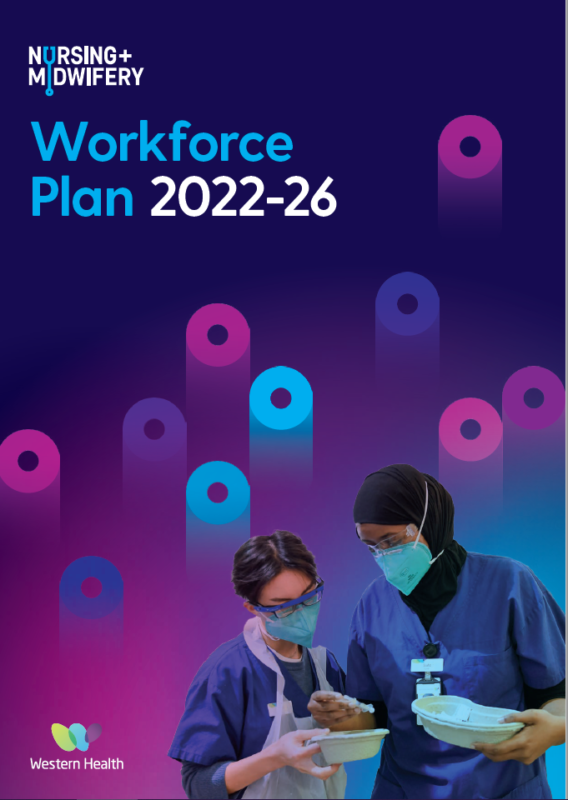
After 18 months of extensive analysis, planning and consultation, on 14 February 2023 Western Health’s Nursing & Midwifery Workforce Plan 2022-26 was formally launched. For easy viewing a Plan on a Page was also developed to summarise the actions contained in the Plan.
Western Health has not been immune to the effects of the shortage of nurses and midwives gripping the healthcare sector, however our planning has placed us in an enviable position. Western Health’s Nursing & Midwifery Workforce Plan 2019-21 has been instrumental in placing the health service in a strong workforce position, which has allowed us to continue to grow and be responsive to meet the healthcare needs of Melbourne’s west.
Western Health is a rapidly growing health service. Over the next 6 years we will almost double in size, with the new Footscray Hospital, Melton Hospital, mental health services and community hospitals coming online. It is therefore vital that we have a robust Nursing & Midwifery Workforce Plan to ensure that we build upon the successful initiatives of the past, to include actions that strategically meet the current and future requirements.
The Plan has 42 actions spread over the next 5 years, grouped under 3 core objectives:
- Attracting and retaining the best nurses and midwives for our growing health service
- Empowering Best Care, exploring alternate models of care and building expertise
- Enhancing clinical and professional leadership and management.
Achievements of the first year of the Plan include 13 actions that have either been completed or are well underway:
- Developed and implemented an international and national recruitment relocation package.
- Evaluated, enhances and embedded the Registered Undergraduate Students of Nursing (RUSON) and Midwifery (RUSOM) programs.
- In collaboration with university partners, we investigated and facilitated an increase in undergraduate student placement opportunities.
- We explored and implemented a Transition to Acute Care and refresher programs for qualified staff with limited recent acute hospital experience.
- We commenced work to investigate opportunities and implement actions to improve recruitment experience for candidate and manager from initial contact to on boarding.
- We have explored and implemented an expansion of graduate employment models including registered nurses & midwives and enrolled nurses.
- We have commenced important work to optimising roster practices to meet care delivery needs, support wellbeing and improve job satisfaction.
- Working with universities, we have commenced enhancing our secondary school relationships and explore pathways and employment models.
- Reviewed, updated and clarified Clinical Nurse Specialist / Clinical Midwife Specialist application process.
- Significantly increased post graduate scholarships offered, across all areas including ED, ICU and other specialties.
- Expanded clinical assessment learning opportunities, through the new Patient Assessment Program.
- Launched Lippincott to improve access to quality care provision resources.
- Launched the first tranche of meaningful Data Dashboards for all stakeholders.
Best Care Excellence & Improvement
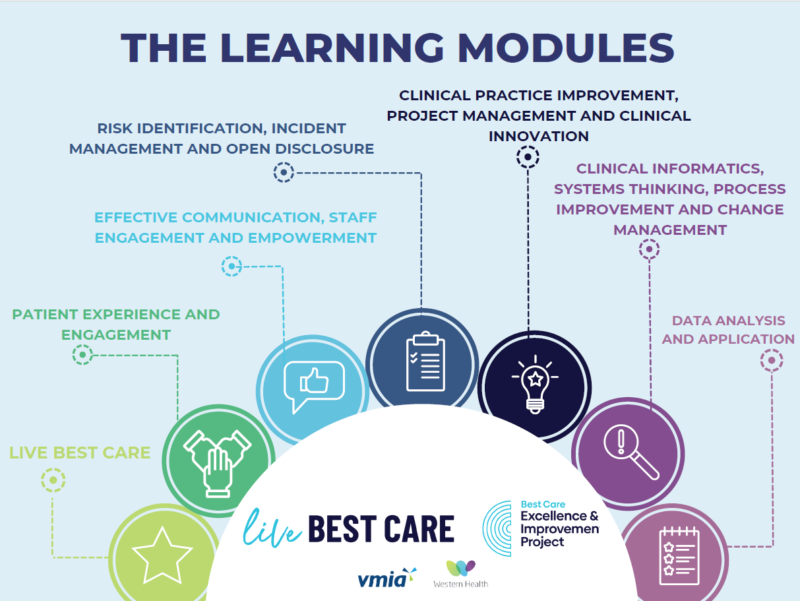
Western Health in partnership with our insurer VMIA are creating the Best Care Excellence & Improvement Project. The project aims to demonstrate how each staff member is a fundamental contributor to creating a culture of continuous improvement and driving the responsibility for improvement and change to every staff member.
7 interactive WeLearn modules facilitate and teach skills in improvement, innovation, and the role of ‘human factors’ in healthcare errors, including Safety I and Safety II thinking.
The learning modules will be released in a phased approach include:
- Live Best Care Module
- Patient Experience and Engagement
- Effective communication, Staff Engagement and Empowerment
- Risk Identification, Incident Management and Open Disclosure
- Clinical Practice Improvement, Project Management and Clinical Innovation
- Clinical Informatics, Systems Thinking, Process Improvement and Change Management
- Data Analysis and Application
The learning modules aim to move the organisation from reactive to proactive with regard to incidents and complaints. The program aims to show each staff member how they are a fundamental contributor to creating a culture of continuous improvement and drive the responsibility for improvement and change to every staff member.
For more information visit the Live Best Care site Best Care Excellence & Improvement Project – Live Best Care (wh.org.au)
Getting ready for Accreditation
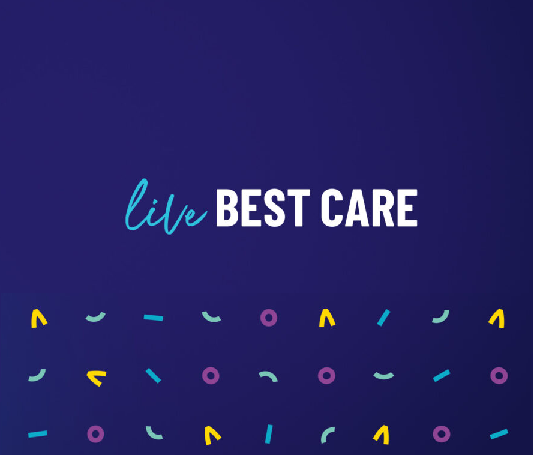
The Live Best Care site is being continually updated with resources to support Western Health staff and volunteers with achieving Best Care for our patients and community. Part of this is support everyone to feel ready for the upcoming short-notice accreditation later in 2023.
Are you ready for Accreditation:
The Live Best Care site has an ‘Are you ready for NSQHS Accreditation’ page’ that contains answers to frequently asked questions about Western Health Accreditation against the National Safety and Quality Health Service (NSQHS) Standards.
On the right hand side of the page are resources to support areas to be ‘accreditation ready’. These resources will be updated and expanded over the coming months.
The page includes accreditation guides and checklists for managers and Directors, and a Standards at a Glace overview.
External guidance and advice:
The Bulletin section of the Live Best Care site has been expanded to include:
- The Clinical Communiqué, which is an electronic publication containing narrative case reports about lessons learned from Coroners’ investigations into preventable deaths in acute hospital and community settings. The Clinical Communiqué is written by clinicians, for clinicians.
- The VAHI News, which is a newsletter from the Victorian Agency for Health Information that keeps clinicians up to date with information on VAHI reporting, details of the agency’s priorities and plans for the future, and other issues related to health and human services data and information. It also includes interviews with thought leaders working across healthcare quality and safety.
- The Australian Commission on Safety & Quality Newsletter, which features recent highlights from the Commission’s work, as well as newly-released resources.
Our countdown to accreditation will commence over the coming weeks, with communications and initiatives all designed to ensure that we are not only ready for accreditation, but we feel ready too.
Western Health to lead the way with flexible rostering
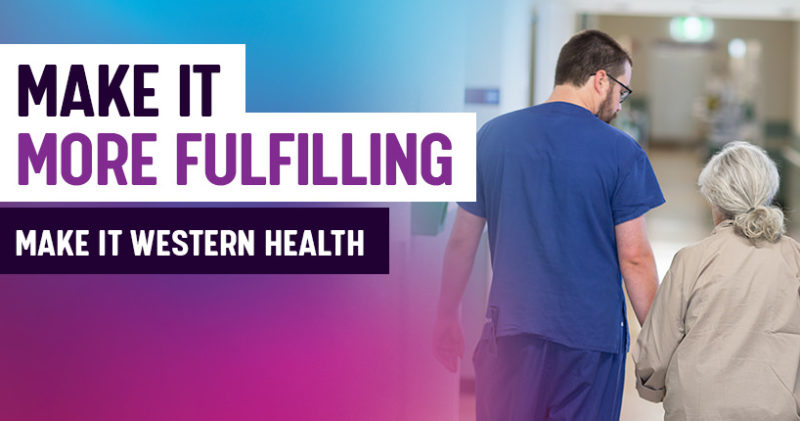
Western Health recognises the need to change to accommodate the workforce issues we are currently experiencing in nursing and midwifery.
We have teamed together with Safer Care Victoria, the Department of Health, the ANMF and 2 other health services to lead Victoria in changing the way we roster nurses and midwives. This project aims to address flexibility by creating a set of guidelines that will support more employee centred rostering. Western Health has chosen Ward 1A, Ward 3F, Ward 3B, Birth Suites, Maternity Assessment Centre, Level 7 and Level 8 as participant wards for the project.
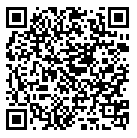
As part of this exciting research project, we have recruited a Project Manager who will lead this research conducted at Western Health. The first stage of this research will be the distribution of two surveys, one for nurses and midwives and one for unit managers of selected wards/units. This will be followed up with co-designed focus group workshops which will target the issues identified from these initial surveys.
A second survey will be undertaken to ascertain if the developed guidelines are suitable and acceptable and follow up surveys at 6 and 12 months following the introduction of the guidelines. This will determine how well the guidelines are working for nurses, midwives and health services.
The project will be 8 months in duration and will provide valuable information for the research steering committee to draft and implement a set of rostering guidelines for nurses and midwives in Victoria.
If you are nurse or a midwife and are a part of one of the selected wards please scan the QR code (pictured right) to fill out the survey.
Performance Dashboards - New Data Analysis WeLearn modules and Get Help tool
To further support organisational uptake of the Performance Dashboards and incorporation into usual processes, the Dashboard Team have developed a series of education and learning WeLearn modules and a ‘GET HELP’ tool in the PowerBI Apps.
Data Analysis WeLearn modules:
The new WeLearn modules have been developed as a series of 3 independent modules. They aim to support staff to effectively use the information included in dashboards to analyse performance, develop actionable insights, and ultimately enhance the provision of Best Care.
The 3 modules guide staff through introductory concepts on health data to advanced data applications. The modules are titled:
- Introduction to Data
- Data Visualisation Best Practice
- Advanced Data Applications
The Performance Dashboard WeLearn modules will be launched across the organisation on Wednesday 8 March.

‘Get Help’ tool:
Exploring other opportunities to support staff using the Performance Dashboards, the Dashboard Team have developed a ‘GET HELP’ tool in the PowerBI Apps. This can be accessed by selecting the ‘GET HELP’ link included in each of the PowerBI Apps (pictured right above).
The ‘GET HELP’ tool has been designed with 3 separate sections to support staff needs (pictured right below):

- Feedback & Queries: Form to submit queries & feedback relating to available reports
- Request Support: Link to book 15 mins Zoom session to help with technical queries relating to Power BI (navigating reports, filters, bookmarks, exporting data etc.)
- Reference Guide: Includes information relating to frequently raised queries, video links to Demo recordings from launch week, links to Performance Dashboard WeLearn Modules
Clinical Research Forum WeLearn module
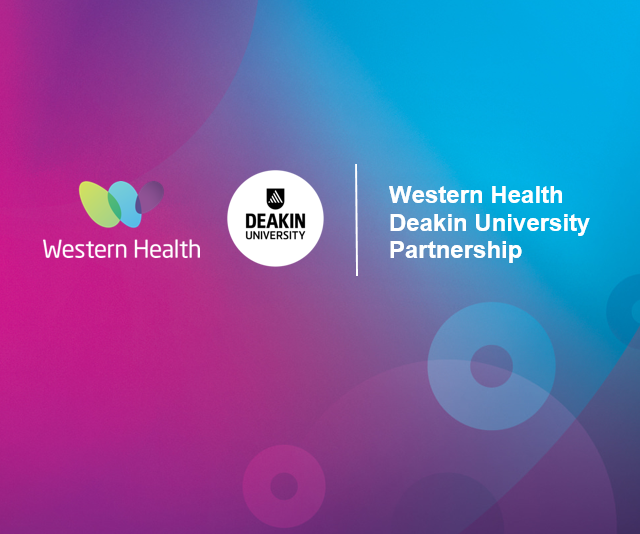
There is a new exciting initiative for nurses and midwives that are interested in research and research-related issues.
A new WeLearn module called ‘Clinical Research Forum’ has been developed to provide you with an insight into research.
Research is fundamental in the provision of evidence-based nursing and midwifery practice. The aim of this forum is to provide nurses/midwives working at Western Health with an opportunity to engage with the research team with the purpose of enhancing your research knowledge and skills.
The forum will be offered on a regular basis and will be complemented with a Zoom chat room (dates and session details below) where nurses and midwives are able to gain insight into the ethical and methodological aspects of research. The format is open and informal.
| Dates and time | Session Name | Facilitator |
| Thursday 9 March 2023, 1415 to 1500 hours |
Introduction and Qualitative Research Methods | Prof Bodil Rasmussen |
| Tuesday 11 April 2023, 1415 to 1500 hours |
Quantitative Research Methods | Ayele Bali |
| Thursday 11 May 2023, 1415 to 1500 hours |
Ethical Application | Vidanka Vaselevski |
| Tuesday 6 June 2023, 1415 to 1500 hours |
Journal Writing | Sara Holton |
| Wednesday 5 July 2023, 1415 to 1500 hours |
Endnote | Kunal Dhiman |
| Monday 14 August 2023, 1415 to 1500 hours |
NVivo Data Base | Prof Linda Sweet |
These planned sessions will be open for 45 minutes with presentations taking 15-30 minutes. Certificates of attendance are available to staff attending the sessions.
The time is now for Advance Care Planning
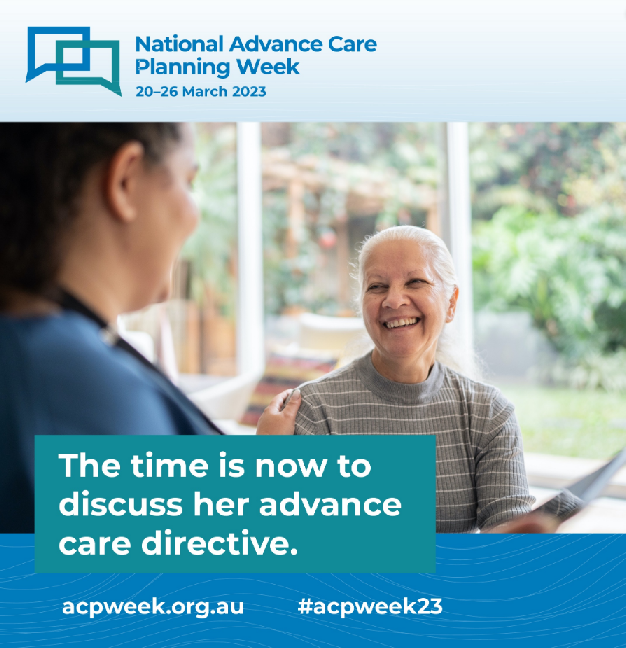
National Advance Care Planning Week is being held from 20-26 March 2023. Health and aged care providers play a valued role in helping others with advance care planning. National Advance Care Planning Week is the perfect time to learn more.
Advance care planning involves planning for future health care. It enables our patients to make some decisions now about the health care they would or would not like to receive if they were to become seriously ill and unable to communicate their preferences or make treatment decisions.
Advance care planning gives patients the opportunity to think about, discuss and record their preferences for the type of care they would like to receive and the outcomes they would consider acceptable. Advance care planning helps to ensure the patient’s loved ones and health providers know what matters most to them and respect their treatment preferences.
Ideally, advance care planning will result in a patient’s preferences being documented in a plan known as an advance care directive and the appointment of a substitute decision-maker to help ensure your preferences are respected.
Advance care planning benefits everyone: the patient, their family, carers and health professionals.
- It helps to ensure the patient receive the care they actually want
- It improves ongoing and end-of-life care, along with personal and family satisfaction
- Families of people who have undertaken advance care planning have less anxiety, depression, stress and are more satisfied with care
- For healthcare professionals and organisations, it reduces unnecessary transfers to acute care and unwanted treatment
Everyone should consider advance care planning, regardless of your age or health. Ideally, you should start planning when you’re healthy – before there’s actually an urgent need for a plan.
Advance care planning conversations should be routine and occur as part of a person’s ongoing healthcare plan. Better outcomes are experienced when advance care planning is introduced early as part of ongoing care rather than in reaction to a decline in condition or a crisis situation.
What you can do:
- This year we would really like to start with the “what matters to me” concept and start people thinking and talking about sharing their thoughts around Advance Care Planning and also end of life care and the role of substitute decision makers.
- Hand out information packs (which will be supplied) for interested consumers.
- Identify and record details of any existing documents and substitute decision-makers for all patients as part of admission processes.
- Receive copies of advance care planning documents from patients or other health services (such as residential aged care facilities or general practitioners).
- Provide patients and families with straightforward information about advance care planning
- Discuss advance care planning and how this relates to the patient’s health issues, condition, prognosis and treatment options.
- Encourage discussion with the patient’s substitute decision-maker, and involve the substitute decision-maker and the person’s family where possible and appropriate
- Refer to their General Practitioner and/or the National Advance Care Planning Support Service 1300 208 582 for support to develop a person’s plan
- Record any discussions about Advance Care Planning and ensure others can access this information if needed by including it in their health records and/or My Health Record.
- Create alerts in EMR so all staff know that Advance Care Planning documents exist for the person.
- Appropriately share and transfer the person’s Advance Care Planning documents with other service providers such as residential aged care facilities or the person’s general practitioner.
- Encourage review of documents for those with decision-making capacity (triggers include when conditions change or the patient deteriorates).
- Activate when needed – use the person’s advance care planning documents to inform care decisions if they lose capacity.
Read more about triggers for introducing advance care planning and starting the conversation.
Learn to use research to solve practical problems
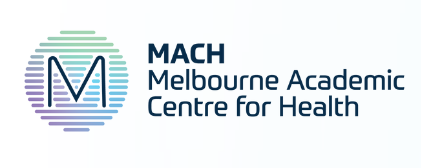
Applications are encouraged from fully qualified clinicians (including nurses and midwives) who are keen to use Health Services Research (HSR) to approach practical healthcare problems and take a step towards becoming a leader in innovative care.
The MacHSR Program will support a select cohort of front-line clinical staff from MACH-affiliated health services to explore a problem pertinent to their health service through HSR training and solutions. Each Fellow will be released from clinical duties for one day per week for one year, on a flexible basis and without detriment to salary. Formal HSR training will be offered to all Mac HSR Fellows with registration for the University of Melbourne Introduction to Health Services Research subject.
Applications close 9am on 20 March 2023. Please click here to find out more.
EMR Super-user Training now open
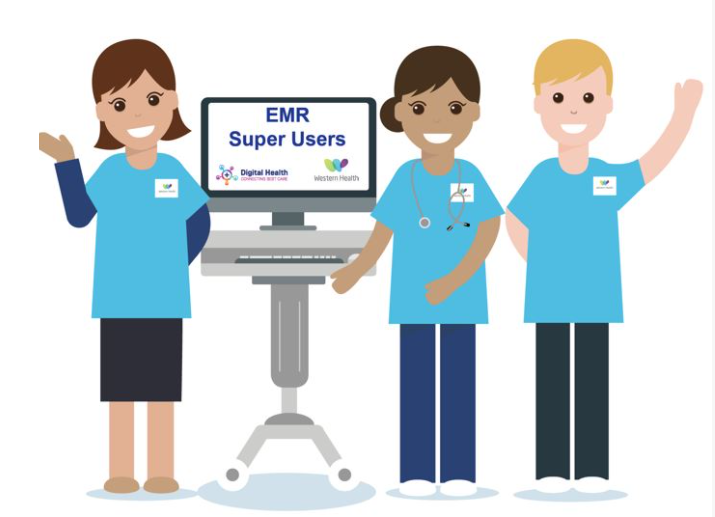
Bookings are now open for EMR Super User training sessions as we continue our build up to the July EMR Phase 2.1 Go-Live.
The opening of Super User training bookings is a significant moment for the project, and the Learning and Development team can’t wait to get started with the lessons.
When does training start:
Super User training commences Tuesday 11 April 2023 for a period of 8 weeks
What does training involve:
Super Users will complete a face-to-face classroom training session of up to 8 hours to upskill them in the new EMR Phase 2.1 modules and functionality.
If you feel you need further support, you can attend a second Super User training session. Please discuss this with your manager before booking into an additional session.
How do I become a Super User:
- Speak to your manager first
- Register as an EMR Phase 2.1 Super User
- Book into your EMR Super User training session here. Click on the ‘Enrol me’ link at the bottom of the linked page and then follow these steps:
- Ensure you complete the WeLearn lessons for your role before attending your face-to-face classroom Super User training session. Role specific WeLearn lessons will be available from Monday 3rd April 2023.
- Attend your face-to-face classroom Super User training session on the allocated time, date and location.
- Use your EMR Super User knowledge to support your colleagues in the build-up to the EMR Phase 2.1 Go Live.
Further information on becoming an EMR Super User is available here.
EMR WeLearn training:
All staff will be able to access their role specific EMR Phase 2.1 WeLearn lessons from Monday 3 April 2023, and complete the necessary modules for their role at their own pace.
For those that do not meet the WeLearn competency requirements, or who would like additional assistance, face-to-face classroom sessions will be available for four weeks from 5 June 2023.
For any questions on EMR Phase 2.1 training please visit the Digital Health information site or contact WHS-EMRTrainers@wh.org.au
Use of social media

Social media platforms can be a wonderful way to showcase our work, have fun and connect with others. While we use these platforms, it’s important to remember that the way we conduct ourselves on social media can still reflect on Western Health, even outside of work hours. This is especially true if we use social media under our own names or we mention our place of work.
If you’re an active social media user, I encourage you to read through Western Health’s Social Media Policy (attached and available on Prompt). If you’re unsure about any aspects of social media use covered in the policy, please contact your line manager or the Public Affairs team – they’re here to help!
Best Care in action at Grant Lodge
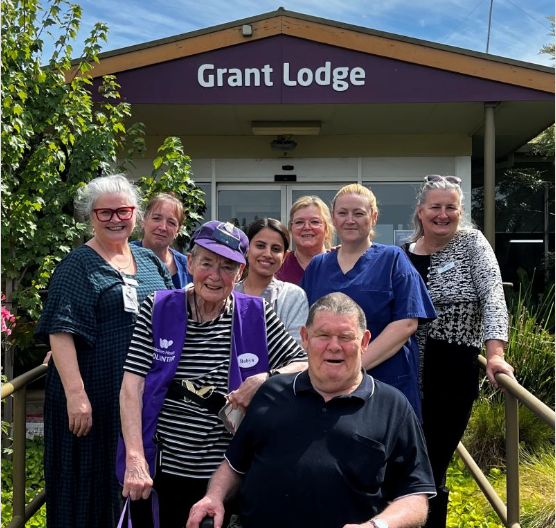
Congratulations to the staff at Grant Lodge for their participation in the Aged Care Accreditation survey during February.
The survey team that undertook the short notice survey provided very positive feedback, complimenting the Grant Lodge team of the excellent resident-centred care provided.
The assessors found that Grant Lodge met all requirements of the 8 aged care quality standards.
We thank and acknowledge the work of the Grant Lodge team, and particularly Tracey Daffy, Michelle Bingham and Wendy Giddings for preparing and leading the team through the survey process.
Thank you also to the support provided by Sandy Schutte, Kellie Vivekanantham and Wessene Jackson during and prior to the transition of the facility to the Aged Cancer and Continuing Care division.
Well done to everyone involved!
This is another example of the Best Care provided by Western Health.
International Women's Day
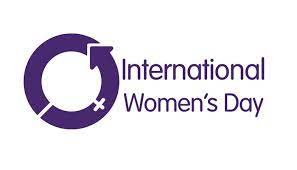
International Women’s Day is celebrated globally each year on March 8 as a focal point in the women’s rights movement, bringing attention to issues such as gender equality, reproductive rights, and violence and abuse against women and girls.
Imagine a gender equal world. A world free of bias, stereotypes, and discrimination. A world that’s diverse, equitable, and inclusive. A world where difference is valued and celebrated. Together we can forge women’s equality.
Western Health is currently implementing our Gender Equity Action Plan whereby we will:
- Undertake audits of elements impacting gender equity
- Develop strategies to achieve workplace gender equality
- Publicly report on our progress in relation to workplace gender equality
- Promote gender equality in policies, programs and services that impact the public
- Complete gender impact assessments
The United Nation’s theme for International Women’s Day in 2023 is “DigitALL: Innovation and technology for gender equality”.
Celebrating our diversity on Harmony Day
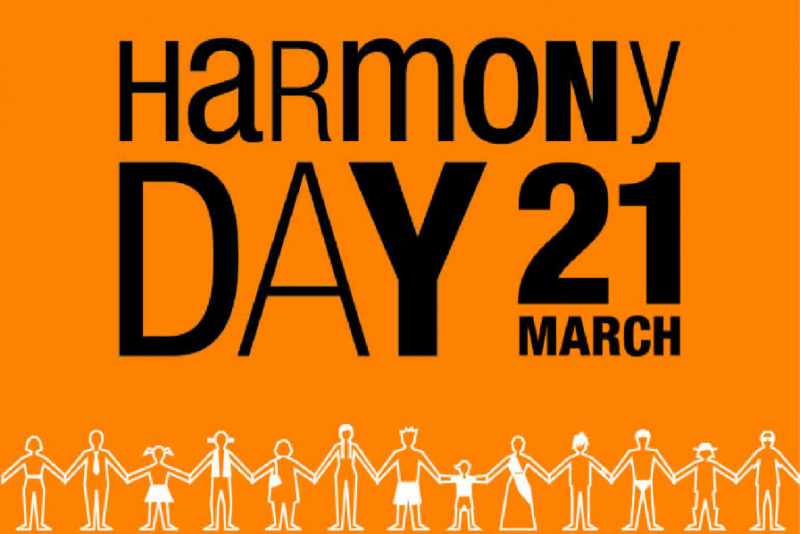
We come together to celebrate Harmony Day on 21 March.
Harmony Day is a day to celebrate Australian multiculturalism, based on the successful integration of migrants into our community. Harmony Day is about inclusiveness, respect and belonging for all Australians, regardless of cultural or linguistic background, united by a set of core Australian values. The Day coincides with the United Nations International Day for the Elimination of Racial Discrimination.
Created in 1999 to celebrate unity and diversity, Harmony Day was originally an Australian celebration but is now marked worldwide.
Statistics show that diverse communities, companies, and civilisations are happier, healthier, and more prosperous. So including everyone really does make the world a better place.
At Western Health we are proud of our diversity, so why not come together as a team on 21 March to celebrate the diverse backgrounds of all of your colleagues.
Taskforce recommends reform to strengthen Medicare

During February 2023 a major step was taken towards reforming Australia’s primary healthcare system, with the release of the Strengthening Medicare Taskforce Report coinciding with a meeting of the national cabinet.
There are four key areas for reform outlined in the high-level report:
- Increasing access to primary care
There are significant opportunities for Victoria to harness the recommendations to strengthen established local primary care services. The uniquely Victorian community health sector is well positioned to deliver on the vision of the report with a proven and scalable model for accessible and equitable primary healthcare. - Encouraging multidisciplinary team-based care
The report recommends an overhaul to the GP-centric Medicare model of funding to prioritise multi-disciplinary care. Opening up Medicare funding to multidisciplinary teams (including nurses) to deliver primary care could enable more equitable reach of services. The reform agenda creates opportunities for successful models of primary care, such as advanced nurse practitioner roles. The report also recommends maximising the existing health workforce by allowing them to operate at their full scope of practice, to safely fill gaps in areas of need. - Modernising primary care
Digital reform and connectivity of patient records is a key reform recommendation. The Health Legislation Amendment (Information Sharing) Bill has been introduced to the Victorian Parliament. If passed, Victoria will join New South Wales and Queensland in having integrated and sophisticated health information-sharing capabilities which will be primed for further information-sharing technologies between services. - Sustainable reform process
The final section of the report canvasses a roadmap for sustainable reform, centring the voices of key stakeholders and incrementally progressing reform alongside stringent evaluation. It aims to put consumers and communities at the centre of the reform and ensure models of care follow the consumer journey, rather than a model of illness.
With a shortage of healthcare workers impacting waiting times for all sorts of care, addressing this issue will be important to ensure the community can get access to timely and effective care, decreasing the demand on hospitals.
New Footscray Hospital reaches milestone

Victoria’s largest health infrastructure project is halfway to completion, following the construction of the first three building structures.
The recently completed New Footscray Hospital buildings feature:
- a new education and research centre for nurse training, research and learning that will be occupied by Victoria University,
- a commercial building that will house a health and medical precinct across its five storeys, as well as a childcare facility and retail spaces, and
- a new car park building will contain four storeys of staff parking, integrated green wall gardens, a gymnasium, retail spaces and community areas opening onto the Village Green.
The buildings are the first of five major structures that will make up the new hospital precinct, with the main 10 storey hospital building and five storey sub-acute building due to be structurally complete next year.
The new Footscray Hospital will have more than 500 beds, treating almost 15,000 extra patients and allowing almost 20,000 extra people to be seen by the emergency department each year. There will also be more outpatient, mental health, palliative care and surgical services.
Benchmarking Best Care
The latest benchmark reports from the Health Roundtable that go up to September 2022 show how our delivery of Best Care compares to other health services across Australasia.
Let’s look at how we perform in the area of Severe Perineal Laceration, which includes third and fourth degree tear during vaginal delivery.
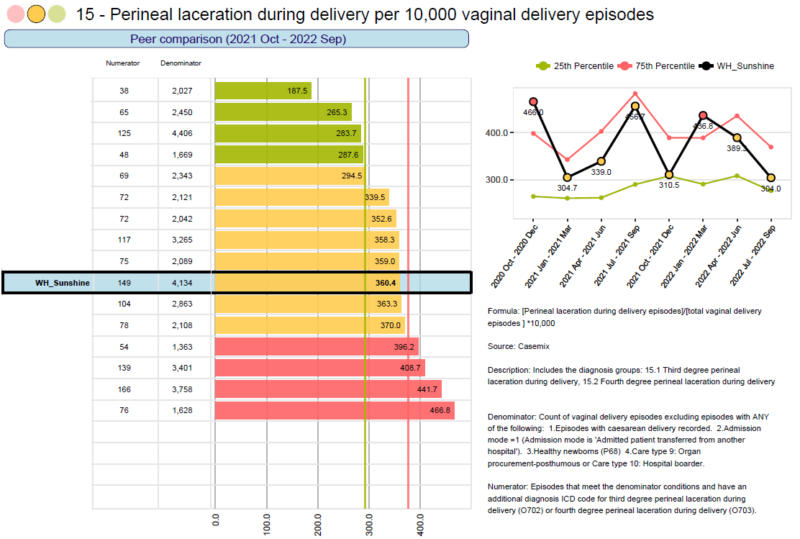
Severe Perineal Laceration:
Sunshine Hospital
The rates of severe perineal tears during vaginal delivery at Joan Kirner Women’s and Children’s previously was exceptionally high – in fact we were performing worse than our peers. However there has been concerted efforts through the Maternity CARES Improvement Plan, and the great news is that this has consistently been dropping over the past 12 months, making us now very comparable to our peers.
The most recent quarter this is nearly down to green. Well done to our midwives for their ongoing commitment to Best Care and continuous improvement.
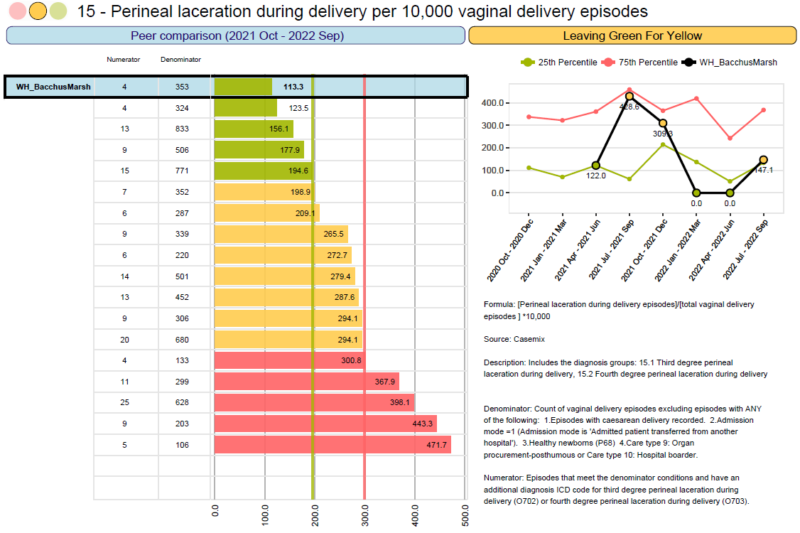
Bacchus Marsh Hospital:
There has been a significant drop in the rate of severe perineal tears at Bacchus Marsh Hospital since the introduction of the Western Health Birthing Guideline, with us dropping from red 12 months ago, to green for 2 quarters.
Most recently there was a slight increase to low amber – however we are tracking the best of all of our peers.
This is a significant improvement – well done to our Bacchus Marsh midwives!
Educational Opportunities
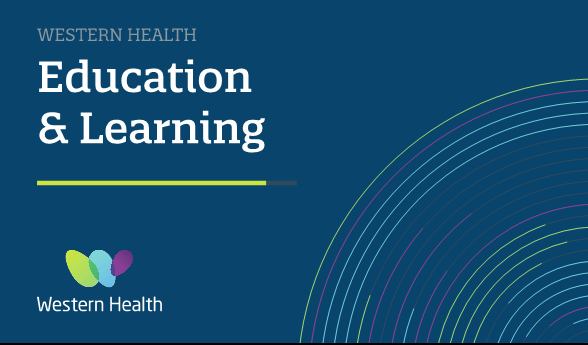
Resuscitation Mandatory Competencies:
Sessions have recommenced. In the first instance, can you arrange an assessment with your local instructor or educator. Resus educators are contacting managers to arrange local sessions for individual teams. Dedicated sessions for Bank and Pool Staff along with separate sessions for Nursing and Medical staff are available on WeLearn.
Upcoming courses:
- 02/03/2023 & 09/03/2023: Mental Health First Aid – A two day face-to-face accredited course to empower staff to provide initial support to someone who is developing a mental health problem, has a worsening of an existing mental health problem or is in a mental health crisis. Enrolment fee: $60.00
- 20/03/2023: VAC Therapy Study Day
- 04/04/2023: Heart Failure Study Day
- 06/04/2023: Bank and Pool Study Day
- 14/04/2023: ALS1 training
For more courses please click here.
Emerging Evidence
The Western Health Library Service is a great source for locating the latest nursing and midwifery related evidence-based practice and research.
Latest articles of interest:
- Attendance at, and experiences of, urban hospital outpatient appointments: informing a new model of care for urban-dwelling Aboriginal and Torres Strait Islander patients. Australian Health Review. 2023: February Full Text Western Health Author
- Worsening general health and psychosocial wellbeing of Australian hospital allied health practitioners during the COVID-19 pandemic. Australian Health Review. 2023: February Full Text Western Health Author
- Be sweet to babies: consumer evaluation of a parent-targeted video aimed at improving pain management strategies in newborn Infants undergoing painful procedures. Advances in Neonatal Care. 2023: February. Full Text Western Health Author
- The introduction of registered undergraduate students of midwifery in a tertiary hospital: Experiences of staff, supervisors, and women. Women and Birth. 2023: February Full Text Western Health Author
- Preconception factors associated with postnatal mental health and suicidality among first-time fathers: results from an Australian Longitudinal Study of Men’s Health. Social Psychiatry and Psychiatric Epidemiology. 2023: January. Full Text Western Health Author
- The experience of women from rural Australia with a preterm infant in a neonatal intensive care unit. Rural and Remote Health. 2023: January. Full Text Western Health Author
- Reports of bullying, discrimination and sexual harassment in ICU nurses in Australia and New Zealand. Critical Care Medicine. 2023: Supplement; 51 Request Full Text Western Health Author
- Bullying, discrimination, and sexual harassment among intensive care unit nurses in Australia and New Zealand: An online survey. Australian Critical Care. 2023: January Full Text Western Health Author
- The experiences and support needs of students with diabetes at university: An integrative literature review. Diabetic Medicine. 2023: January Full Text Western Health Author
New Nursing/Midwifery eBook Titles:
- Clinical leadership in nursing and healthcare. 3rd ed. Wiley-Blackwell, 2022
Clinical Leadership in Nursing and Healthcare offers a range of tools and topics that support and foster clinically focused nurses and other healthcare professionals to develop their leadership skills and strategies. The textbook is helpfully divided into three parts: information on the attributes of clinical leaders, the tools healthcare students and staff can use to develop their leadership potential, and clinical leadership issues. It also outlines a number of principles, frameworks, and topics that support nurses and healthcare professionals to develop and deliver effective clinical care as clinical leaders. - Supporting women for labour and birth: a thoughtful guide. 2nd ed. Routlege, 2022.
This new edition provides an up-to-date and thoughtful guide to supporting women in labour, looking at a range of techniques and approaches that promote a safe and positive experience of birth for women and their families. Across the world, support in labour has been shown to reduce obstetric interventions and improve outcomes for women and babies. Written by two highly experienced midwifery authors, this text draws on a wide range of cutting-edge research on this topic, identifying how the evidence can be applied to everyday practice. Narratives from women and practitioners, including midwives, doulas, childbirth educators and students, are used to illustrate a range of situations where the quality of support is central to the quality of the experience and outcome.
Off-site or home access to the library eBook titles, require free library membership. If you are not a member you can Join Online. For more information Click on our FAQ page.
Visit the library’s Intranet website, or ring the library to speak with a Librarian: 8395 8036 or 8345 6655. Working from home? Visit the Library Internet site.

